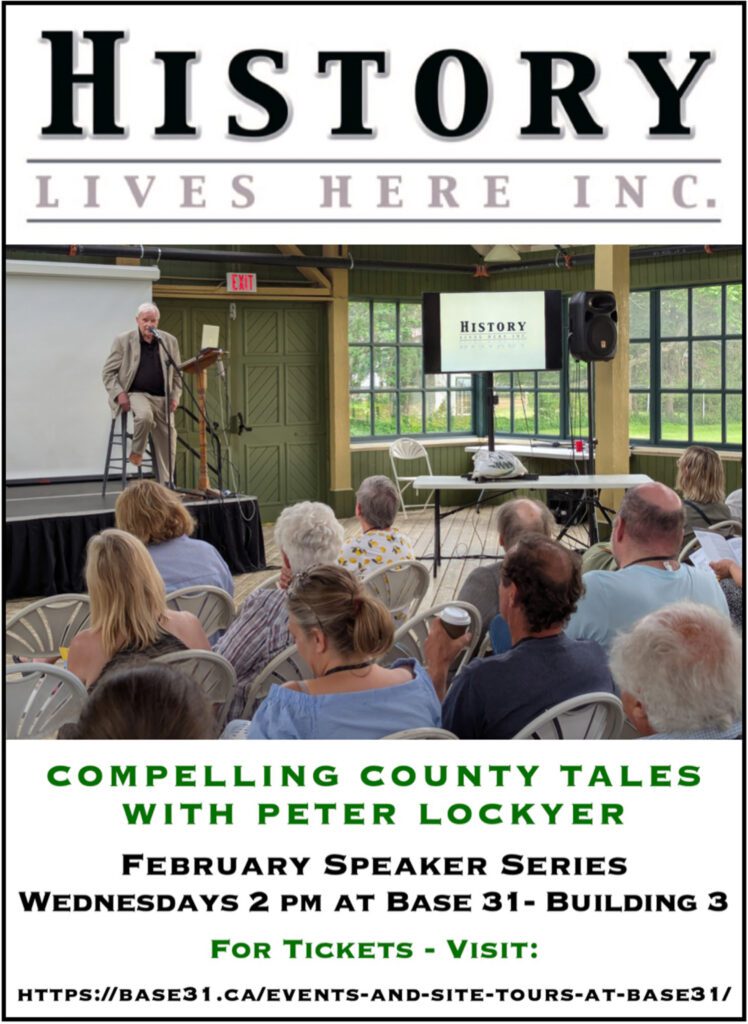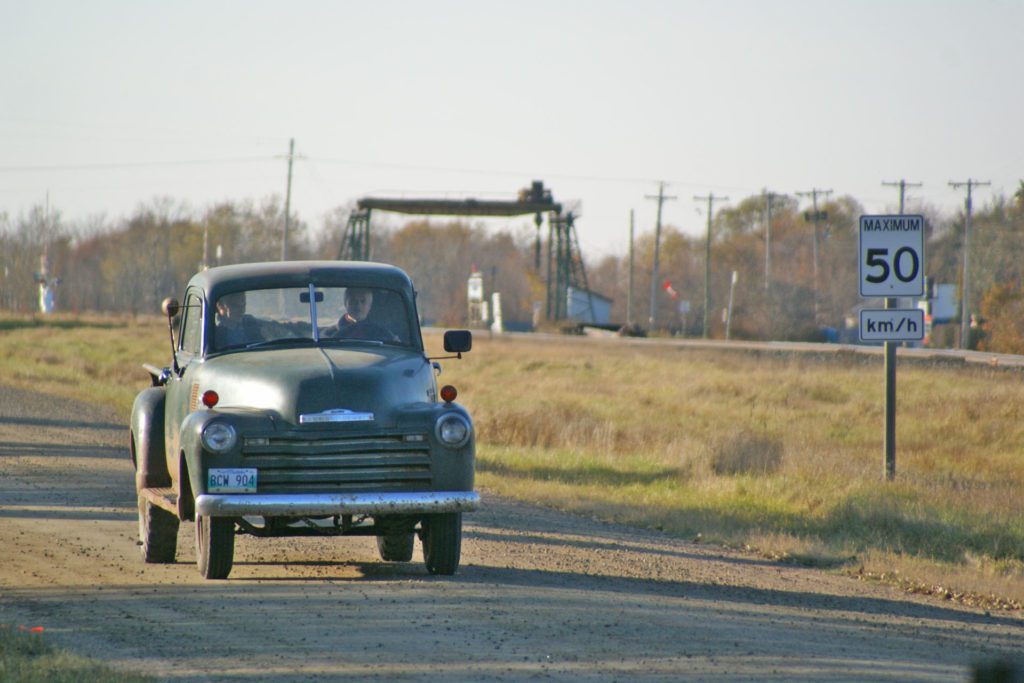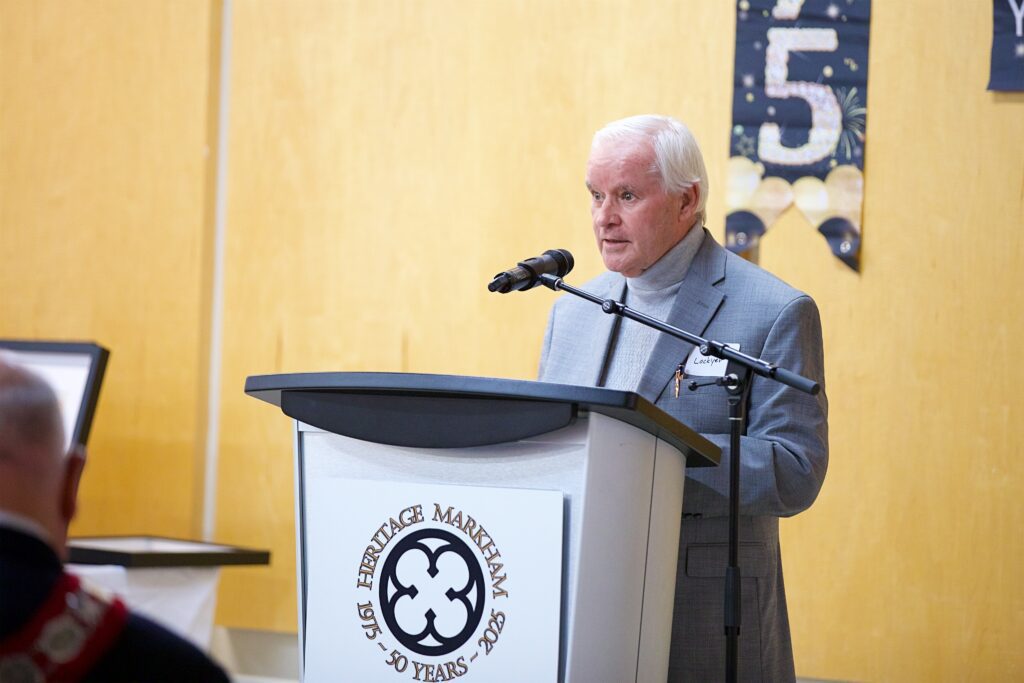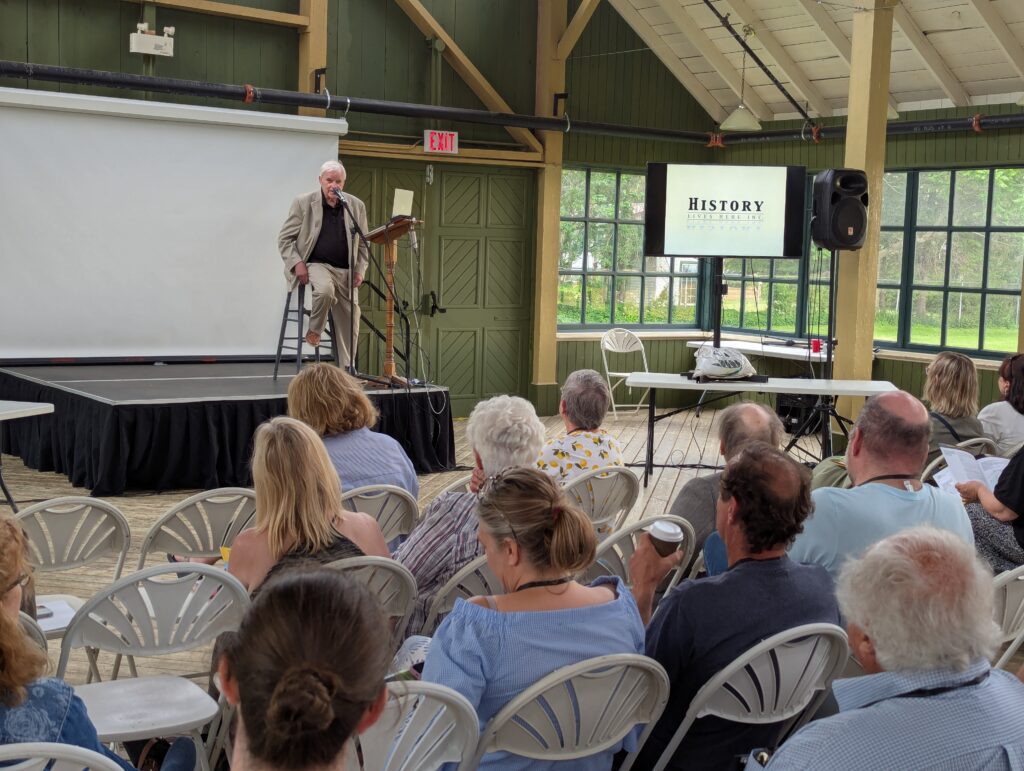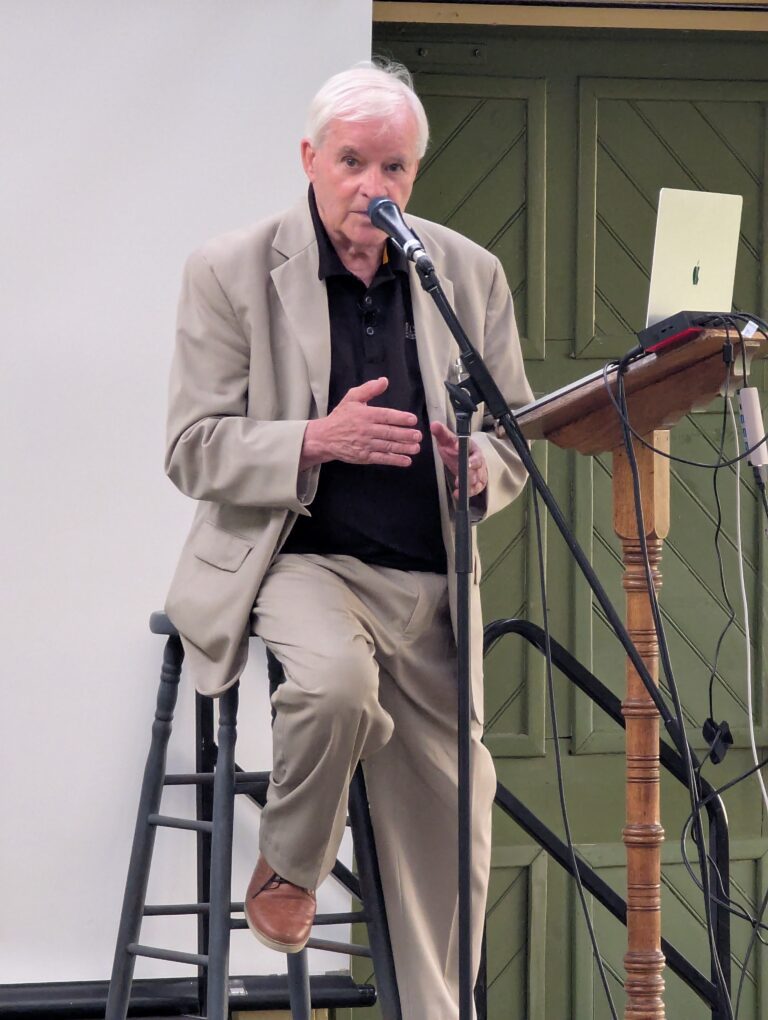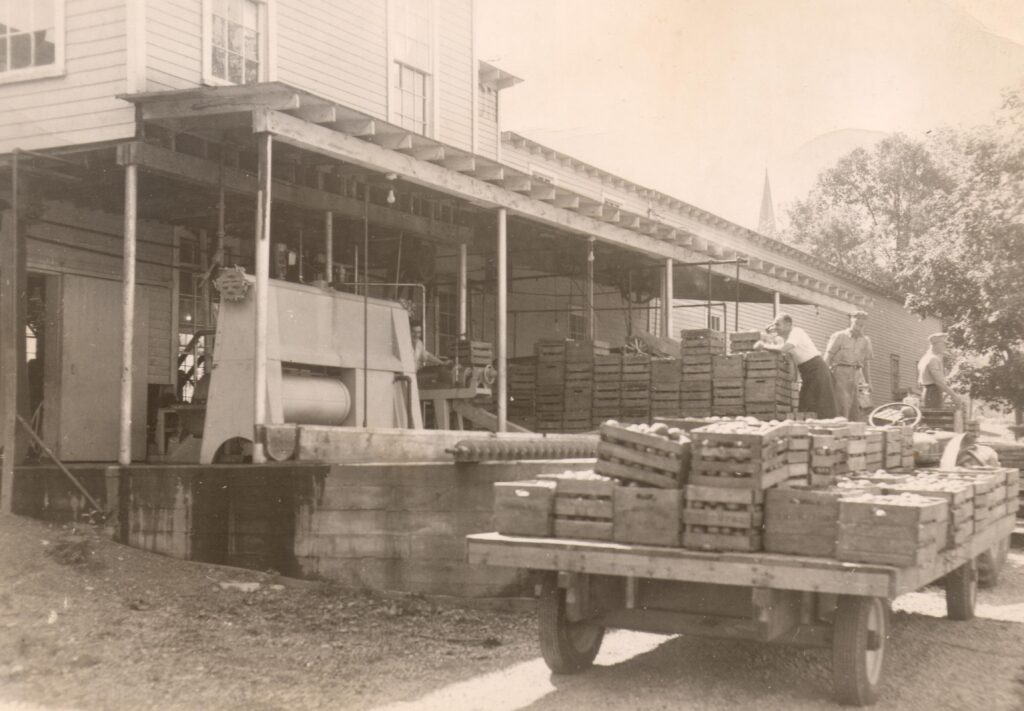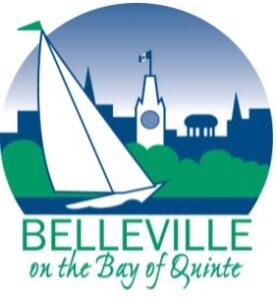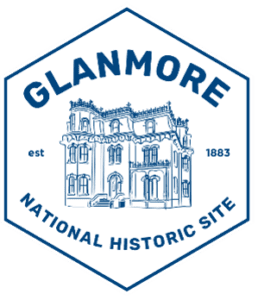

As part of 2026 Flashback February celebrations of County heritage, Base31 and History Lives Here Inc. are hosting a series of engaging 90-minute presentations on local history themes:
2pm Wednesday, February 4th – The Rise and Fall of The Garden County of Canada
Join local journalist and historian Peter Lockyer as he tells the story of how Prince Edward County became the dominant canning area in Canada, its impact on local farmers, workers and the economy, and the industry’s decline in the 1960s. Today there is just one company left, the sole survivor of a trade that once meant everything to Prince Edward County.
2pm Wednesday. February 11 th — The 1959 World Hockey Champions: The Belleville McFarlands
Peter Lockyer returns to tell the story of a time, a town and a local hockey team that was talented, tough and unstoppable capturing a world championship in Czechoslovakia during the midst of the Cold War. But soon after their win, the magic of the McFarlands abandoned them as the team became embroiled in a bitter city scandal.
2pm Wednesday, February 18th — George Ellsworth, a County man who became an infamous Confederate soldier
Montreal journalist and author Julian Sher tells the story of George Ellsworth, a teenager who joined daring southern raiding parties as one of the world’s first “hackers” sending false telegraph orders to northern troops during the Civil War. After the conflict, this East Lake man was one of the most wanted men in America.
2pm Wednesday, February 25th — The 1884 Lazier Murder Trial
Retired Judge Robert Sharpe recounts this gripping tale of a botched robbery and murder at a Quaker farmstead outside Bloomfield at Christmas 1883. Pursued by a local posse following footsteps in the snow across to West Lake, several suspects were in jail the next morning. Their trial at the Picton courthouse in May 1884 was a raucous affair with an unruly crowd seeking vengeance. The men were sentenced to hang for a crime many believed they didn’t commit. Were they guilty or innocent? The case remains one of the County’s most enduring mysteries.
All presentations are at Base31 building #3 immediately, on the left at the main entrance.
Tickets are $40 plus tax. For tickets and more information, visit Base31.ca.
